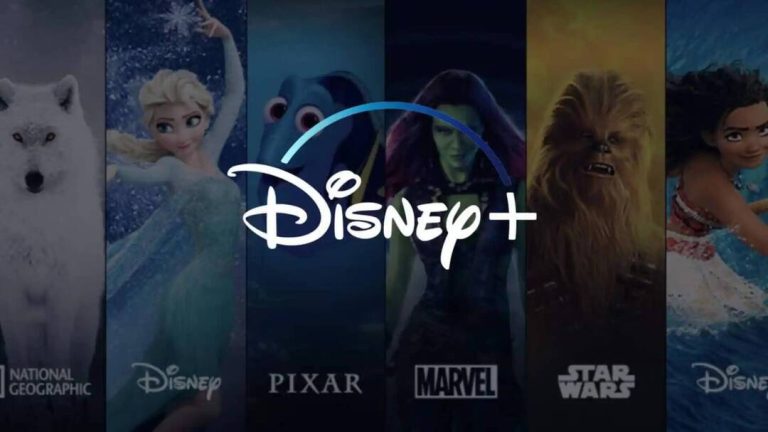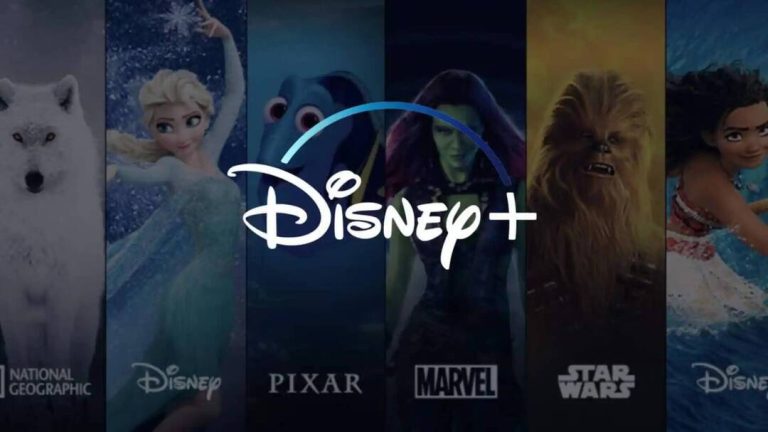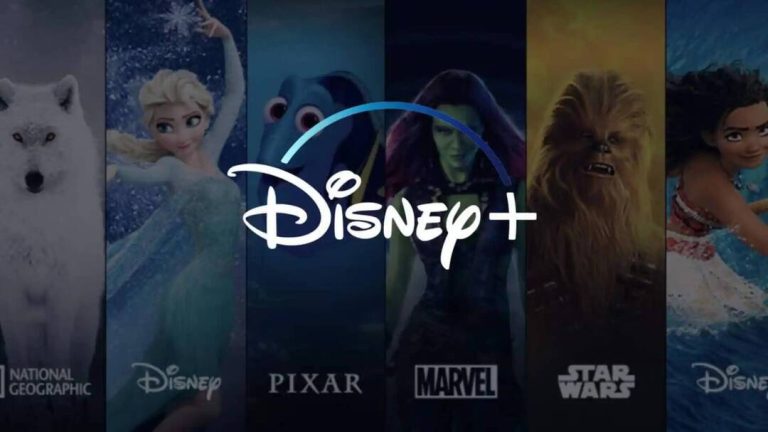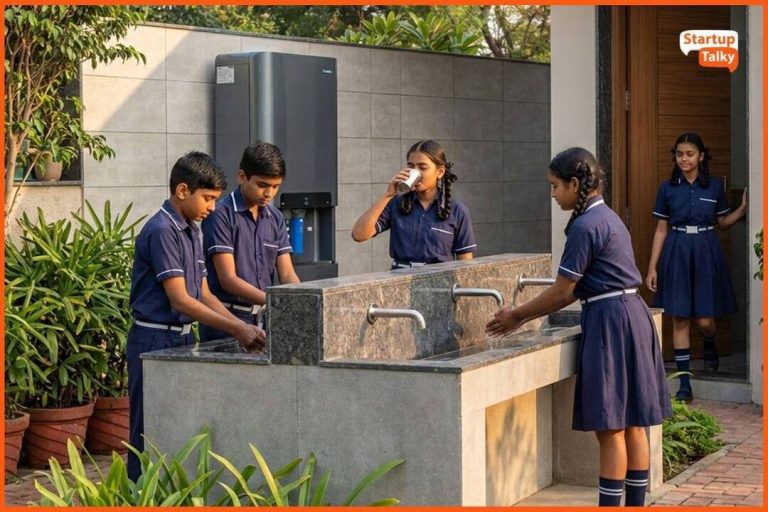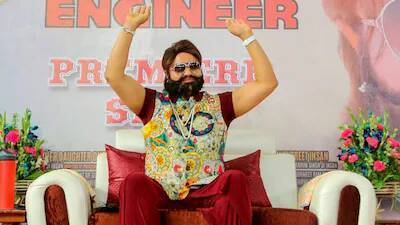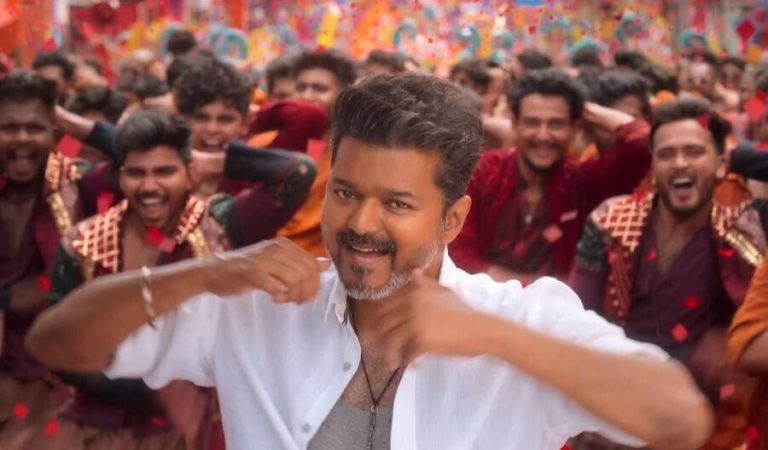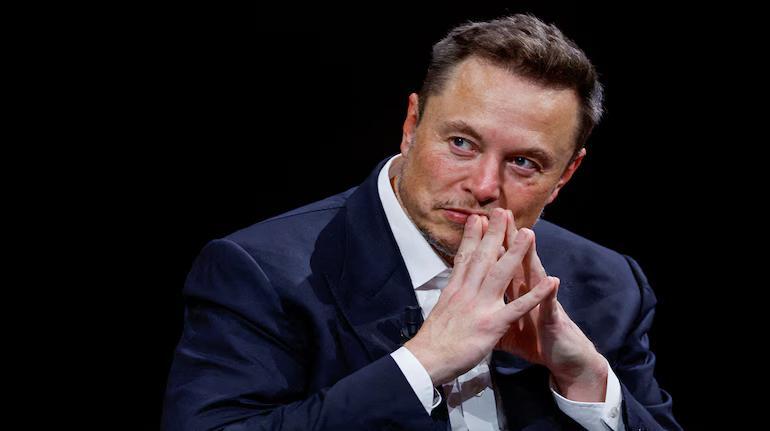
Poverty an engineering issue, AI & humanoid robots will end it: Musk
The world has been grappling with the issue of poverty for centuries, and despite the best efforts of governments, NGOs, and individuals, it remains a persistent problem. However, according to billionaire and xAI CEO Elon Musk, the solution to poverty lies not in traditional social or economic remedies, but in technology. Specifically, Musk believes that artificial intelligence (AI) and humanoid robots hold the key to eliminating poverty.
Speaking at the US-Saudi Investment Forum, Musk opined that poverty is an engineering issue, rather than a social or economic one. He argued that as AI and robotics advance, they will be able to provide for all of humanity’s basic needs, making money irrelevant in the future. According to Musk, the only way to make everyone wealthy is through the use of AI and robotics.
This may seem like a radical idea, but Musk is not alone in his thinking. Many experts believe that AI and automation have the potential to greatly reduce poverty and improve living standards around the world. By automating many of the tasks that currently require human labor, AI and robotics can free up people to pursue more creative and fulfilling work.
One of the main ways that AI and robotics can help to eliminate poverty is by increasing efficiency and productivity. For example, AI-powered farming systems can help to increase crop yields and reduce waste, making it possible to feed more people with less labor. Similarly, humanoid robots can be used to perform tasks such as assembly and manufacturing, freeing up human workers to focus on higher-value tasks.
Another way that AI and robotics can help to reduce poverty is by providing access to education and job training. AI-powered learning systems can help to personalize education and make it more accessible to people around the world. This can be especially helpful in areas where there is a lack of qualified teachers or educational resources.
Musk’s vision for a future where AI and robotics have eliminated poverty is an exciting one. Imagine a world where everyone has access to abundant food, clean water, and comfortable shelter, regardless of their economic circumstances. It’s a world where people are free to pursue their passions and interests, without worrying about how they will pay their bills.
Of course, there are also potential downsides to a future where AI and robotics have replaced many human jobs. For example, there is a risk that many people will be left without work or a sense of purpose. However, Musk believes that this can be mitigated by implementing a universal basic income (UBI), which would provide everyone with a guaranteed minimum standard of living, regardless of their employment status.
As AI and robotics continue to advance, it’s likely that we will see many of the benefits that Musk has predicted. Already, we are seeing AI and automation being used in a variety of industries, from healthcare to finance. And as the technology improves, we can expect to see even more innovative applications of AI and robotics in the future.
In conclusion, Elon Musk’s statement that poverty is an engineering issue, and that AI and humanoid robots will eliminate it, is a thought-provoking one. While it may seem like a radical idea, it’s clear that technology has the potential to greatly reduce poverty and improve living standards around the world. As we move forward into a future where AI and robotics are increasingly prevalent, it’s exciting to think about the possibilities that this technology holds.
